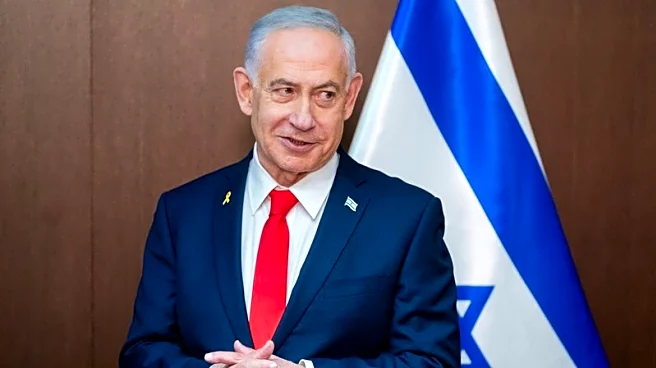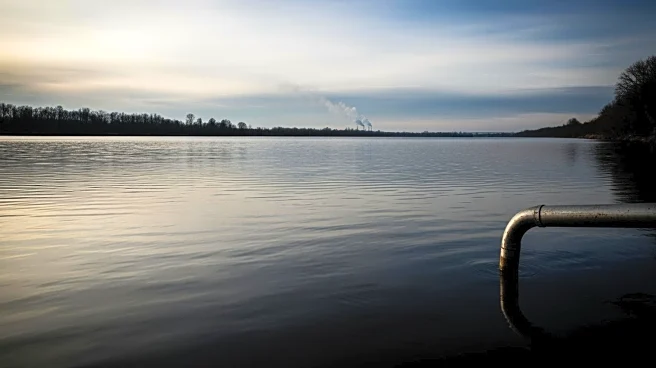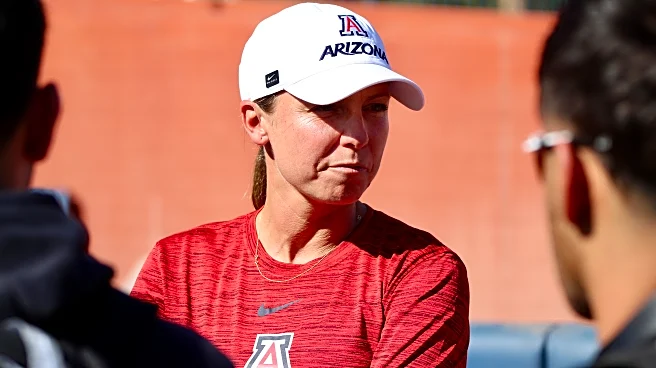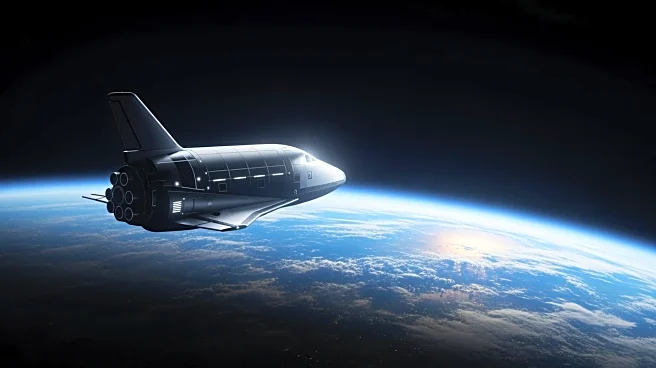By Steven Scheer
JERUSALEM (Reuters) -Israeli Prime Minister Benjamin Netanyahu said on Sunday Israel would determine which foreign forces it would allow as part of a planned international force in Gaza to help secure an end to its war under U.S. President Donald Trump's plan.
It remains unclear whether Arab and other states will be ready to commit troops while Israel has expressed concerns about the make-up of the force. While the Trump administration has ruled out sending U.S. soldiers into Gaza,
the force could draw on troops from Egypt, Indonesia and Gulf Arab countries.
"We are in control of our security, and we have also made it clear regarding international forces that Israel will determine which forces are unacceptable to us, and this is how we operate and will continue to operate," Netanyahu told a session of his cabinet.
"This is, of course, acceptable to the United States as well, as its most senior representatives have expressed in recent days."
Israel, which besieged Gaza for two years to back up its air and ground war in the enclave against Hamas after the Palestinian militant group's cross-border attack on October 7, 2023, continues to control all access to the territory.
ISRAEL OPPOSED TO TURKISH ROLE IN GAZA FORCE
Last week Netanyahu hinted that he would be opposed to any role for Turkish security forces in the Gaza Strip. Once warm Turkish-Israeli relations hit new lows during the Gaza war, with Turkish President Tayyip Erdogan lambasting Israel's devastating air and ground war in the small Palestinian enclave.
U.S. Secretary of State Marco Rubio, on a visit to Israel aimed at shoring up the fragile ceasefire, said on Friday the international force would have to be made up of "countries that Israel's comfortable with", but declined to comment specifically on Turkish involvement.
Rubio added that Gaza's future governance still needs to be worked out among Israel and partner nations but could not include Hamas.
Rubio later said U.S. officials were getting input on a possible U.N. resolution or international agreement to authorise the multinational force in Gaza and would discuss the issue in Qatar on Sunday.
The Trump administration wants Arab states to contribute funds and troops.
A major challenge is that Hamas has not committed to disarming and, since a ceasefire took hold two weeks ago as the first stage of Trump's 20-point plan, has embarked on a violent crackdown against groups that have tested its grip on power.
Netanyahu also said on Sunday Israel was an independent country and rejected the notion that "the American administration controls me and dictates Israel's security policy." Israel and the U.S., he said, are a "partnership."
(Reporting by Steven Scheer; Editing by Aidan Lewis and Mark Heinrich)

















